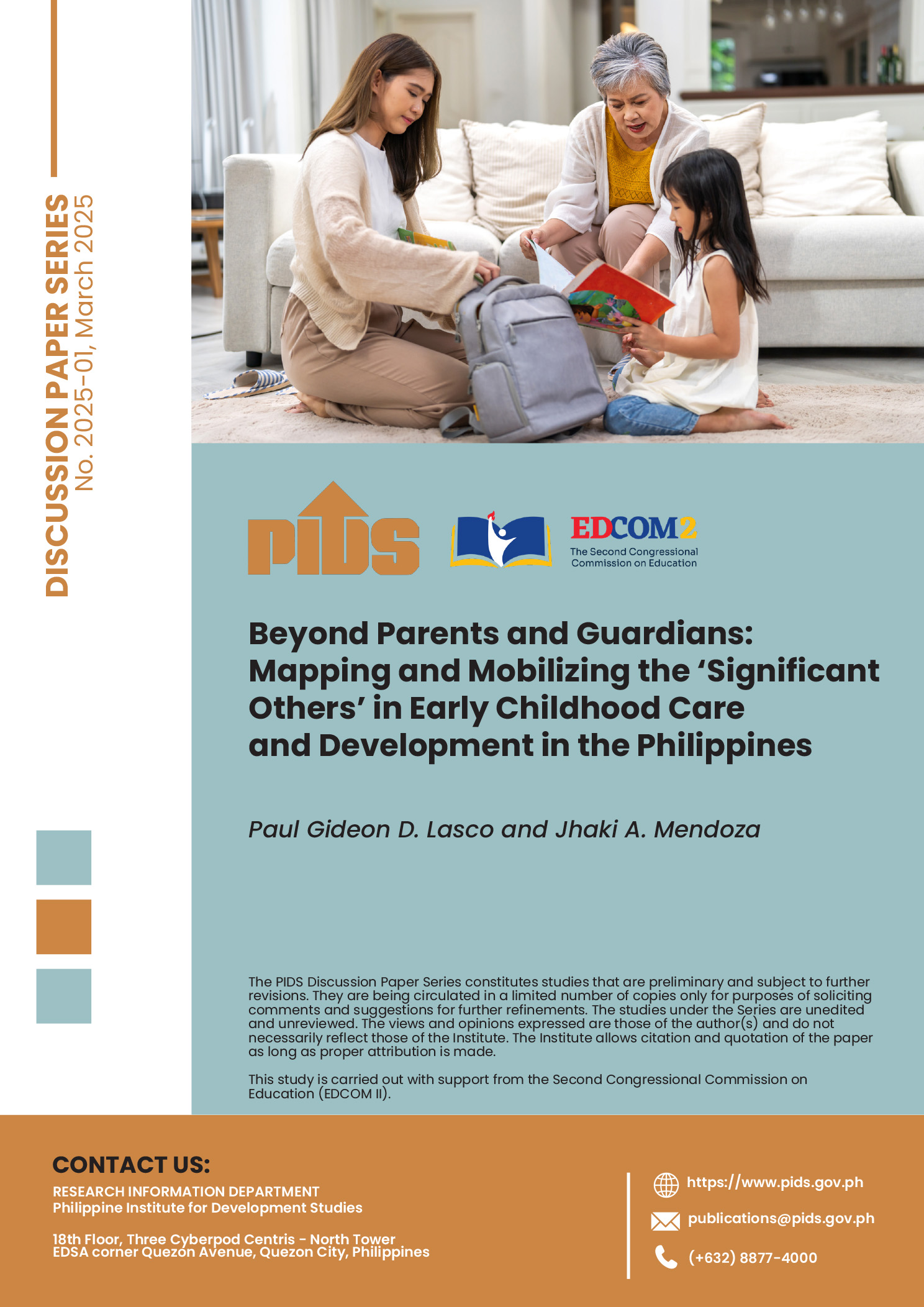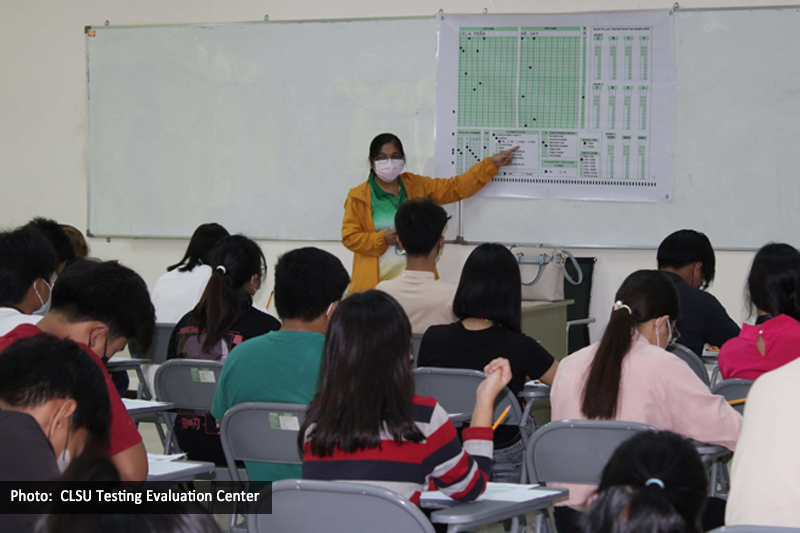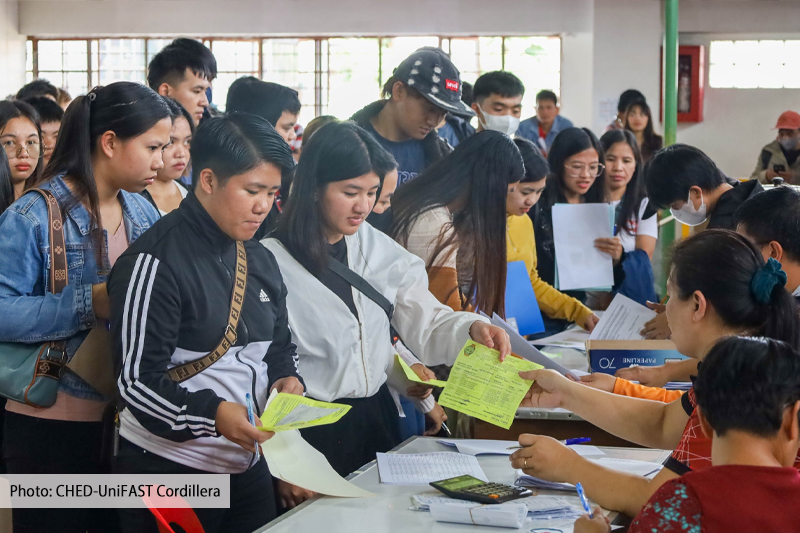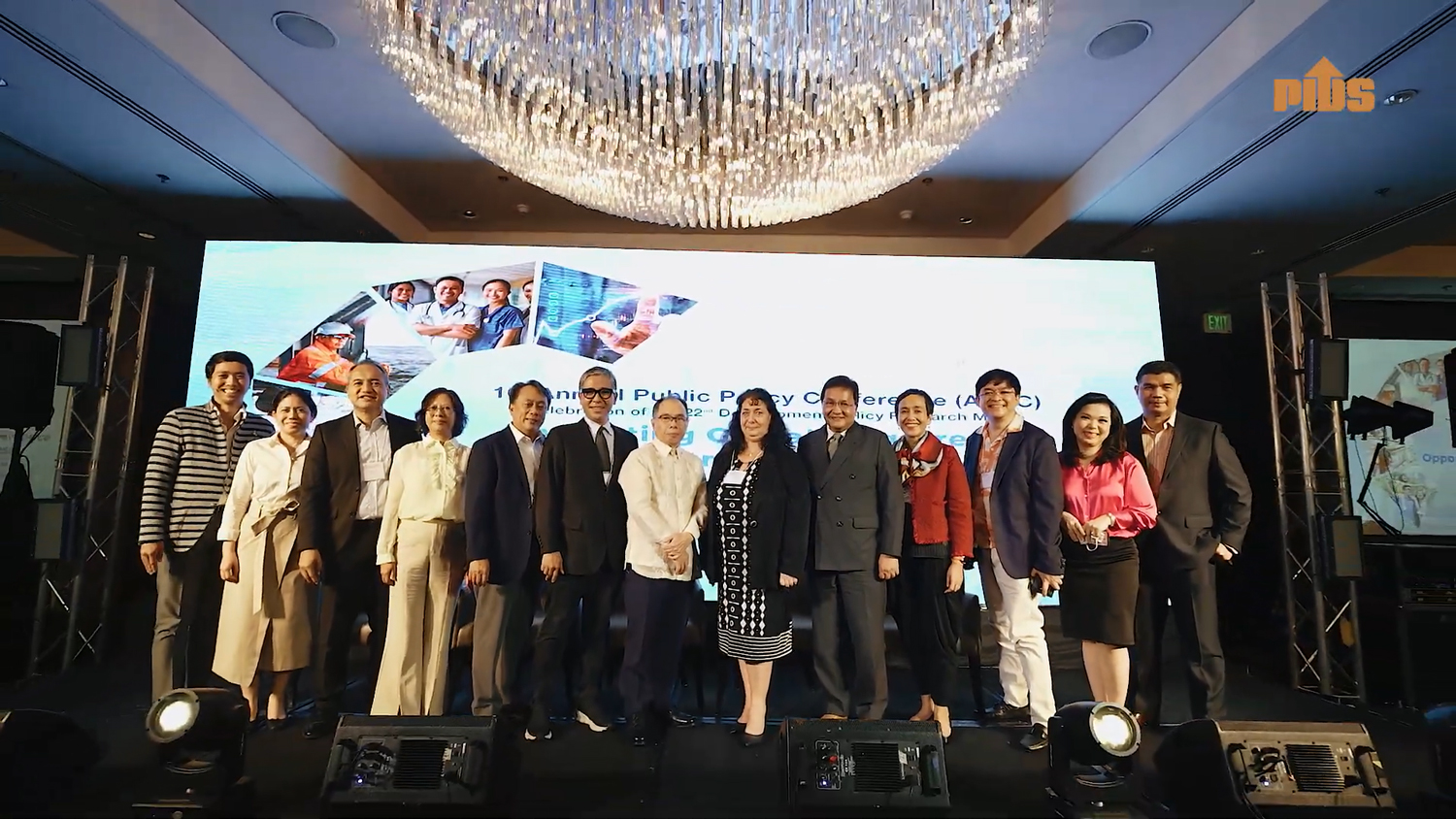The Covid-19 pandemic has fundamentally changed the Philippine labor market, with Filipinos prioritizing keeping their jobs over preferences on working hours. This is according to a new study by the Philippine Institute for Development Studies (PIDS), published on Dec. 20, 2023, which highlighted the need for targeted policy interventions to support workers and improve job quality.
The study, “Where Have the Workers Gone since the COVID-19 Pandemic?” authored by former PIDS Senior Research Fellow Ma. Christina F. Epetia, Senior Research Specialist Kimberly R. Librero, and Research Analyst John Joseph S. Ocbina, reveals a surprising contrast with developed countries. While developed countries saw widespread job losses, workers in the Philippines reduced working hours to hold onto some income instead of losing their jobs altogether.
The impact of the Covid-19 pandemic on the Philippine labor market is evident in the decline of average annual working hours, falling from 2,189 hours (2012-2019) to 1,891 hours in 2020. This data is roughly equivalent to two months of full-time work. Despite a 2021 increase to 2,082 hours, recovery to pre-pandemic levels remains low.
“This trend likely reflects the absence of a robust unemployment insurance system in the Philippines,” explained the authors. “Without strong safety nets, people prefer to keep their jobs even if it means working less,” they continued.
Authors noted that time-related underemployment rate has been rising over the past two years. This suggests a growing pool of individuals who desire longer working hours, but lack the opportunities to fill them. Thus, they call for identifying and assisting specific groups forced to reduce their working hours, such as those facing involuntary underemployment.
The study also found that labor market reallocation across industries and occupations was significantly lower in the Philippines compared to developed countries. There was less movement across industries and occupations during the pandemic likely caused by lockdowns and limited remote work options. This lack of flexibility in the system led to a rise in women’s unpaid family work and an increase in informal employment for both genders.
“Women were particularly affected, with a higher shift towards short-term jobs and unpaid work,” the authors said. “This raises concerns about the long-term impact on their employment prospects and economic security,” they added.
The study highlights the need for targeted policy interventions to address the challenges facing Filipino workers. Authors suggested the need to provide more support for workers facing economic shocks through improved social safety nets.
“Understanding how the Philippine labor market has adapted to the pandemic is crucial for crafting effective policies that protect workers and promote economic recovery,” the authors concluded.












